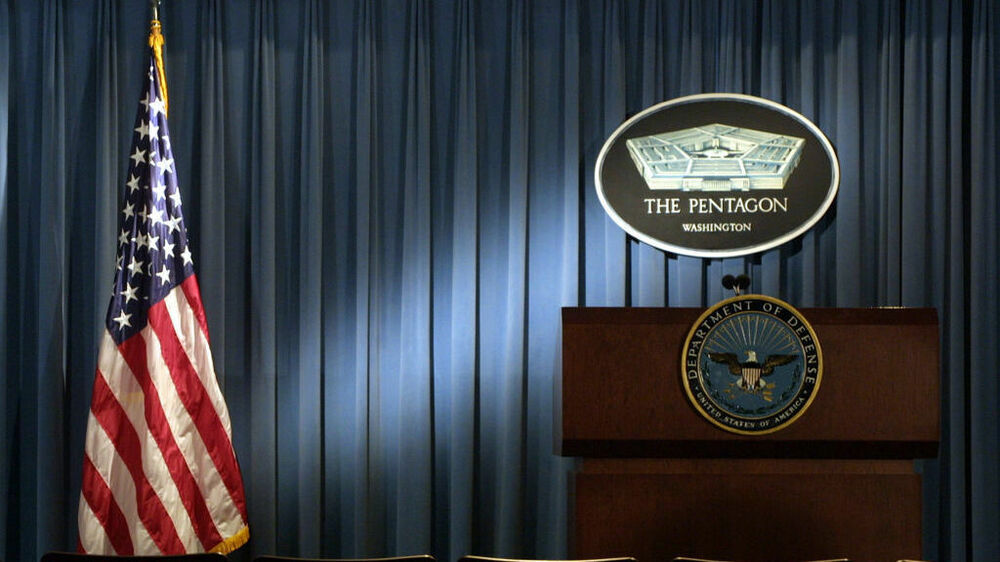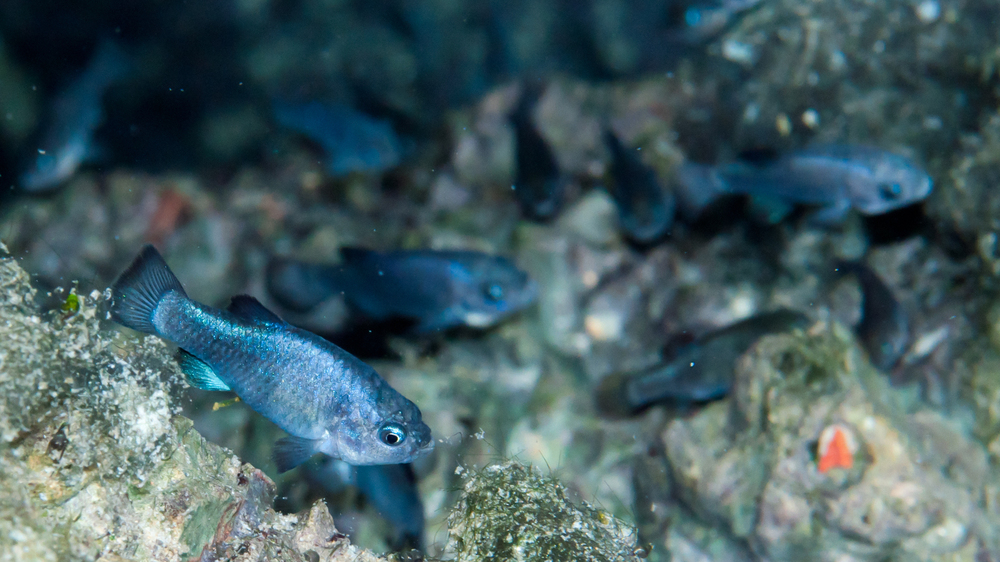Good morning. You're reading the Up First newsletter. Subscribe here to get it delivered to your inbox, and listen to the Up First podcast for all the news you need to start your day.
Today's top stories
The Biden administration is expected to announce today that it will send cluster munitions to Ukraine, despite human rights concerns. The controversial bombs have been used on the battlefield for decades, including by both sides in the ongoing fight between Russia and Ukraine. NPR's Greg Myre reports on Up First from Kyiv that they could be a very valuable weapon as Ukraine tries to break through Russian lines in the east and south.

- More than 120 countries have pledged not to use cluster munitions, which can cause harm long after fighting ends. The U.S. has a large stockpile of the weapons, which it used in the Afghan and Iraq wars. U.S. officials have told NPR that it will only be sending those with a "dud rate" of around 2% or less, though some critics question whether the rate is really that low.
The Food and Drug Administration has given its full approval to Leqembi, the first drug shown to slow down Alzheimer's disease. That action means it will be widely covered by Medicare, opening up access for many more seniors in early stages of the disease. NPR's Jon Hamilton says it could potentially reach a million people or more.
- Leqembi appeared to slow declines in memory and thinking by about 27% after 18 months of treatment, per FDA-reviewed studies, though is not without potential side effects.
- The drug will cost about $26,500 a year. Hamilton says it's crucial that Medicare will pay, since the program covers people 65 and up — "the vast majority of people with Alzheimer's."
President Biden hasn't made good on all his campaign promises, like forgiving student loans, ending new drilling on federal lands and making two years of community college free. In the run-up to the 2024 election, progressive voters and activists want him to do more, and faster.
- NPR's Deepa Shivaram says that after the Supreme Court blocked Biden's student loan relief plan last week, progressive groups told her they were glad he bounced back with another plan and think he should apply that strategy to other issues as well.
- While many voters feel like Biden backed down on his climate promises, Shivaram says he's already picked up a number of 2024 endorsements from environmental and conservation groups.
From our hosts
Rob Schmitz is NPR's international correspondent based in Berlin. He has been guest-hosting Morning Edition this week from Washington D.C.
Treasury Secretary Janet Yellen is in Beijing this week, and expectations couldn't be lower – the relationship between the world's two largest economies is at an historic low amidst a slate of differences over market access, semiconductor technology, security threats, and Trump-era tariffs. How did we get to this point?

My relationship with China goes back 27 years when I arrived in Sichuan Province as a United States Peace Corps Volunteer. It was 1996, and Bill Clinton was president. His administration saw China, a long-dormant communist country, as a potential ally and trading partner, and my role as a volunteer teacher was part of an effort aimed at mutual learning and respect on a granular, human level. My Peace Corps service in the city of Zigong led to lifelong friendships and a career where I help NPR listeners better understand one of the world's most fascinating and important countries.
Sadly, the Trump administration shut down the Peace Corps China program in 2020, one of many valuable people-to-people programs between the US and China that have ended in the past decade as mutual distrust has grown like a cancer. I've always believed that if the U.S.-China relationship were left to the American and Chinese people, instead of our governments, our relationship would be improved. Our peoples share so much in common: our love of family, education, freedom, our work ethic, and our willingness to learn from others. I'm hoping Yellen and her Chinese counterpart will learn from – and listen to – each other this week in Beijing.
Weekend picks

Check out what NPR is watching, reading and listening to this weekend:
Movies: Joy Ride is full of filthy one-liners and priceless sight gags. But critic Justin Chang writes that the film is also savvy about Asian culture in a way that's still rarely seen in Hollywood.
TV: In Platonic, Seth Rogan and Rose Byrne are former BFFs navigating midlife crises as they reconnect after years.
Books: Mai Nguyen's debut novel, Sunshine Nails, simmers with questions about work, class and generational divides through the story of the family of Tuyết and Xuân Tran, Vietnamese refugees who settle in Toronto.
Music: Join Alt.Latino hosts Anamaria Sayre and Felix Contreras as they round up the best albums of 2023 so far.
3 things to know before you go

- Against all odds, the Devils Hole pupfish just keep swimming. The endangered species, which lives in a hole in a cave in the Nevada desert, has bounced back from a low of 35.
- Nearly half of the tap water in the U.S. could contain PFAS "forever chemicals," a government study estimates. Here's what to do if you're worried about yours.
- The Philippines could be the next country after Vietnam to ban the "Barbie" movie, over a scene featuring a controversial map of the South China Sea.
This newsletter was edited by Majd Al-Waheidi.







